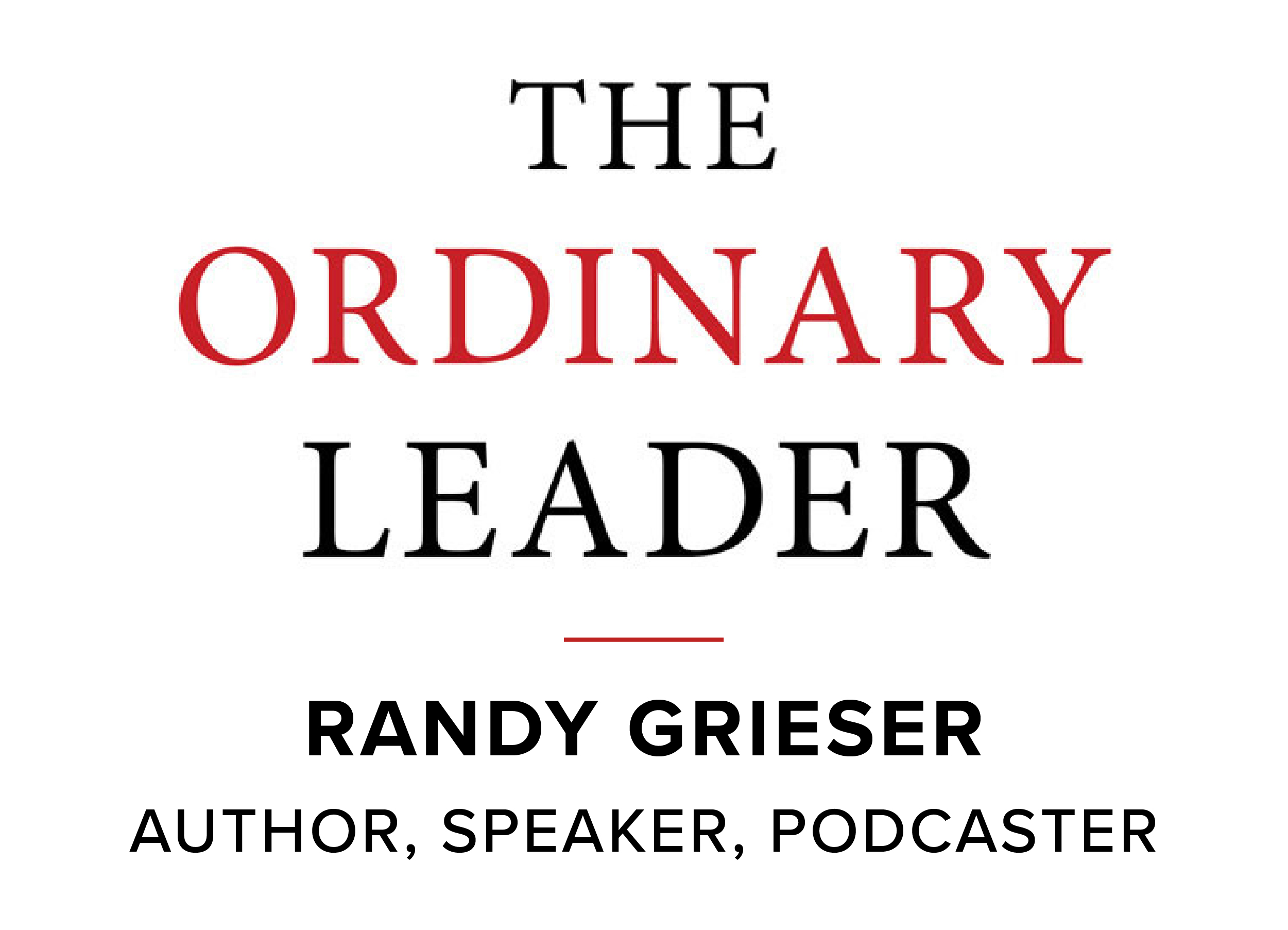We spend a large amount of our waking hours at work – wouldn’t it be nice if more people liked where they work? Beyond this just being the right thing to do, there are practical and financial reasons to invest energy into creating organizations that are great places to work. In a survey from Duke’s Fuqua School of Business, completed by 1,400 North American CEOs, these executives overwhelmingly indicated that healthy corporate culture is essential for an organization to thrive.[1]
One hundred years ago it was more possible to build a successful organization without taking culture into consideration. How people felt about their place of work was less important than getting work done in a timely and efficient manner. In the industrial economy, focusing on standardizing tasks and eliminating errors was enough to help organizations thrive.
Today’s work environment however is very different than one hundred years ago. We have less people producing goods and more people providing services. Most of our workplaces require people to collaborate and innovate collectively to get quality work done. While the focus is still on productivity, in today’s society, in the absence of a positive workplace culture – one where people like to work – it is very difficult to create an organization that will thrive.
The cold, hard truth is that organizations that don’t focus on creating healthy workplace cultures will eventually be replaced by those that do. Culture is what will determine if your organization will even exist 10 years from now, let alone be thriving.
This blog is a sample from an upcoming book I am co-author of that will be published by ACHIEVE Publishing. The book will draw heavily on “A Great Place to Work” Survey. I hope you participate in the short survey – we would love to hear your input.
References
[1] “How Corporate Culture Affects The Bottom Line”, Fuqua School Of Business, last modified 2017, accessed July 25, 2017, http://www.fuqua.duke.edu/news_events/news-releases/corporate-culture/.
Randy Grieser, Author & Speaker
To be notified about a new blog post, subscribe to Randy’s newsletter, and follow him on LinkedIn, Facebook, and Twitter.
© Randy Grieser
Content of this blog may be used, provided that full and clear credit is given to Randy Grieser.





